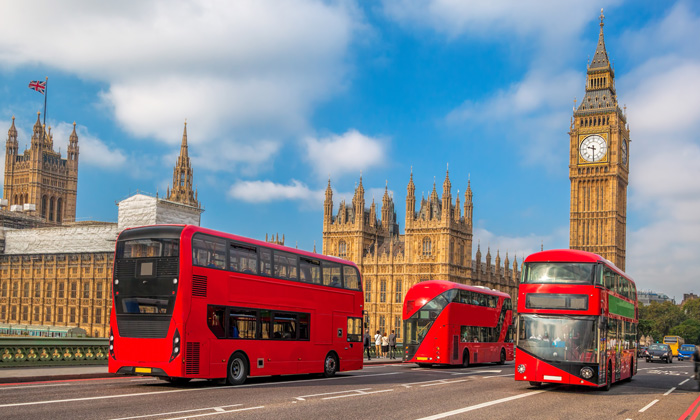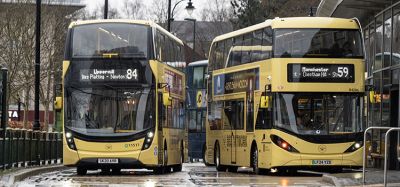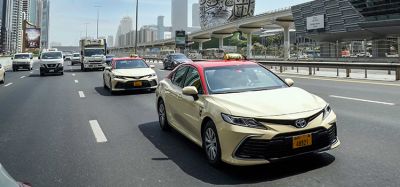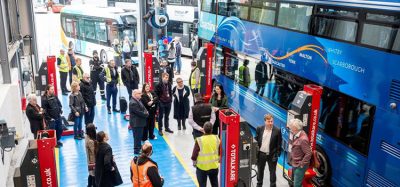CIHT releases guideline to put buses at the heart of development planning
- Like
- Digg
- Del
- Tumblr
- VKontakte
- Buffer
- Love This
- Odnoklassniki
- Meneame
- Blogger
- Amazon
- Yahoo Mail
- Gmail
- AOL
- Newsvine
- HackerNews
- Evernote
- MySpace
- Mail.ru
- Viadeo
- Line
- Comments
- Yummly
- SMS
- Viber
- Telegram
- Subscribe
- Skype
- Facebook Messenger
- Kakao
- LiveJournal
- Yammer
- Edgar
- Fintel
- Mix
- Instapaper
- Copy Link
Posted: 24 January 2018 | Intelligent Transport | No comments yet
The Chartered Institution of Highways and Transportation (CIHT) is urging policy makers to recognise the potential to produce a sustainable urban public transportation system through the development of bus routes…


The Chartered Institution of Highways & Transportation (CIHT) has launched its ‘Buses in Urban Developments’ guidance, addressing how bus services can be the focus in development planning for urban transport.
Built on existing ‘Streets and Transport in the Urban Environment’ guidance, the 50-page guideline supports the Bus Services Act 2017 and is designed to inform professionals involved in urban policy making, master planning, development management and transport planning, providing practical advice on what local authorities can do to support the running of bus services. The guidance has been created with the aim of producing a simpler and cost-effective route to franchising.
Andreas Markides, President of CIHT, said: “Buses play a vital part in providing accessibility for everyone and, through their efficient use of space, in supporting the viability of high quality urban places. For buses to play their full role, urban developments must be designed specifically to encourage their use. This involves bringing together the planning of land uses, the access routes to bus stops and the bus infrastructure.”
The guidance produced recognises that high quality bus services should be integral in the urban systems. To help implement this, CIHT will begin a coordinated approach starting with the governing spatial plan, the development management regime and local transport authorities. The transportation industry, and other bus operators, have a chance to learn from previous examples where bus operators and developers have worked effectively together.
It is also highlighted that bus services need to be recognised as an essential part of the approach to sustainable urban transport. Evidence has shown that high quality bus services attract high usage levels, meaning further improvements in the bus service have the ability to lead to less congestion, reduced pollution and a more sustainable lifestyle.
Related topics
Fleet Management & Maintenance, Sustainable Urban Transport
Related modes
Bus & Coach
Related cities
London, United Kingdom
Related organisations
The Chartered Institution of Highways and Transportation (CIHT)
Related people
Andreas Markides








